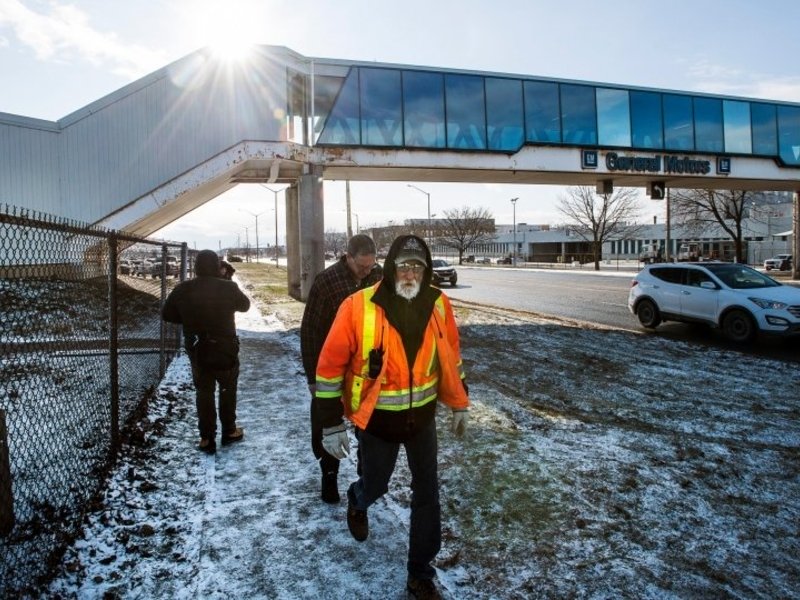
TORONTO — Canada’s assembly plants earned plenty of accolades last year, but that’s unlikely to translate into largescale investment.
“Does the quality of the workplace matter? Sure, but it’s one of a dozen factors, if not dozens,” said Dennis DesRosiers, president of DesRosiers Automotive Consultants. “I’ll tell you, the cost of electricity is a hell of a lot more important than these ratings.”
To be sure, J.D. Power’s 2019 Initial Quality Survey (IQS) and Plant Assembly Line Quality Awards and Consumer Reports’ Auto Reliability Survey were kind to many of Canada’s plants and the vehicles they produce.
Toyota’s Cambridge North assembly plant was given a platinum award for assembly-line quality, the highest possible rank, for having 17 problems per 100 vehicles produced there. The adjacent Cambridge South plant won a bronze award for having 21 problems per 100.
Vehicles assembled in Canada also achieved high marks: The Dodge Challenger, built in Brampton, Ont., was the highest-ranked midsize sporty car in the 2019 IQS study. The Chevrolet Equinox, built at a GM plant in Ingersoll, Ont., was the highest rated compact utility vehicle. The Ford Flex, discontinued last year, and Lincoln Nautilus, built in Oakville, Ont., achieved high ranks in their respective segments, and the Dodge Grand Caravan, assembled at an FCA plant in Windsor, Ont., was the second-highest ranked minivan. In November, Dodge rode the Challenger and Grand Caravan into its first-ever top-10 finish in the Consumer Reports Auto Reliability Survey.
MORE PRESSING CONCERNS
Such accomplishments are frequently touted by automakers in their marketing and advertising, and governments and unions often point to them to show that their plants build quality vehicles. “But do they mean anything in reality? Less so today than ever,” DesRosiers said.
Unifor President Jerry Dias said recent awards for vehicles built at GM’s Oshawa, Ont., and Ingersoll plants did not stop the automaker from ending production at Oshawa and moving production of the GMC Terrain to Mexico from Ingersoll in 2017.
“The natural, common-sense approach is that if you had the most productive, best-quality facilities that you would somehow be rewarded,” Dias said. “But that’s not the case. If you look at the GM plant globally, two of their best plants are in Oshawa and in Ingersoll.”
Unifor represents workers at the two plants.
“Unless you’re prepared to work for $2 per hour, it doesn’t matter how productive you are or how [much] quality you build,” he said. “It all seems to be about the bottom line.”
QUALITY AIDS INVESTMENT
That’s not to say that quality or a plant’s reputation is meaningless; look no further than Toyota’s Ontario facilities, which were awarded C$1.4 billion ($1 billion USD) in investments from the company in 2018 even as news of job cuts loomed at other automaker facilities in Canada.
Scott MacKenzie, Toyota Canada senior national manager of external affairs, said the automaker’s leaders in Japan have a great deal of trust in the Canadian manufacturing team, as evidenced by Toyota’s decision to produce the Lexus NX in Ontario beginning in 2022.
“It’s a safe environment to trust someone to make a high-value product,” MacKenzie said.
“We’re good at launching cars. Launching cars can be problematic, but we’re good at that. Our quality record is strong; there is trust there.”